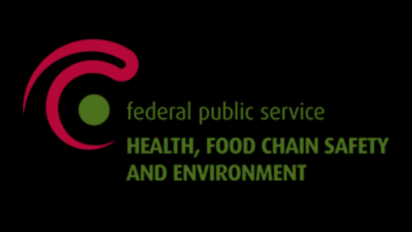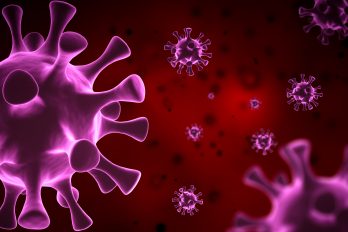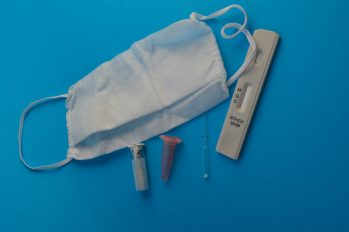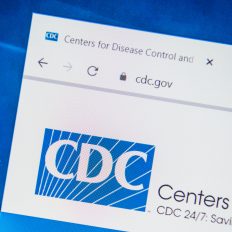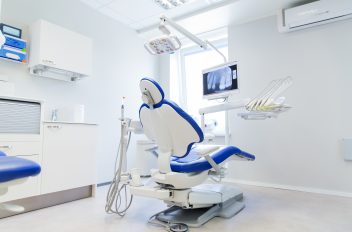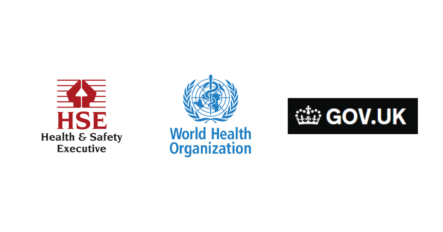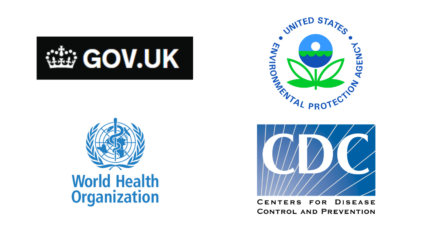A major new study from Harvard University shows that there is a direct relationship between the amount of ultra fine particles in the air and how people perform in mental tests. The more polluted the air, the worse people perform. …
more
Air pollution is a growing problem. According to the WHO, it kills seven million people worldwide every year. Closer to home, The London Assembly reports that road traffic pollution leads to “thousands of premature deaths every year as well as …
more
Rensair has been included within the Belgian Ministry of Health’s list of registered and approved air purification systems. …
more
A new report on infection resilient environments has been published by the Royal Academy of Engineering and its partners in the National Engineering Policy Centre. …
more
Many are looking forward to the return of full time in-person learning for the 2021-2022 academic year. With sound evidence that airborne aerosols can transmit coronavirus, the World Health Organization (WHO) says surface cleaning and hand sanitizing do not offer …
more
In an open letter, Dr. Marwa Zaatari - eminent Indoor Air Quality expert and Member of the Board Of Directors at U.S. Green Building Council - advocates caution when specifying air purification devices. …
more
After struggling with the ramifications of the global coronavirus pandemic, which science has proven can be spread by airborne pathogens, most people realize the critical importance of good air quality. …
more
infection control to prevent the transmission of Covid-19, recommending a layered approach to reduce exposure to the virus. …
more
How to cut costs, raise efficiency, and improve the bottom line, by acing indoor air quality in offices. Indoor air purification and its measurement goes hand in hand. Rensair is a portable hospital-grade air purifier that uses an H13 HEPA …
more
Summary The World Health Organisation (WHO) has updated its website, placing far greater emphasis on Covid transmission from inhaled airborne Covid19 droplets (aerosols), rather than through touching contaminated surfaces. It has also provided specific information on what constitutes good ventilation …
more
The coronavirus pandemic has dramatically impacted the productivity of dental surgeries. After lockdown, dentists are glad to be back at work, but they continue to struggle to treat as many patients as possible. One enormous challenge is fallow time. …
more
The WHO and governments worldwide have recommended good indoor ventilation ever since they recognised that Covid19 was predominantly transmitted via airborne particulates and that the transmission risk from fomites (surfaces) was low. This article looks at the principal factors that …
more
As the coronavirus pandemic continues, many employees are working from home. Essential workers don’t have that luxury. They are reporting to offices and makeshift workspaces. In the future, many employees will also return to their desks. Whether you work …
more
Rensair’s patented technology uses advanced purification technology, including UVC light and HEPA 13 filters. To better understand how Rensair is effective against COVID-19, we must understand the virus and the scientific reports on the technologies that have proven to mitigate …
more
SARS CoV-2 SARS CoV-2 (Covid19) is a strain of the Coronavirus family, a group of related RNA viruses that cause diseases in mammals and birds. The earliest reports of animal coronavirus infection occurred in the late 1920s, whilst human …
more


